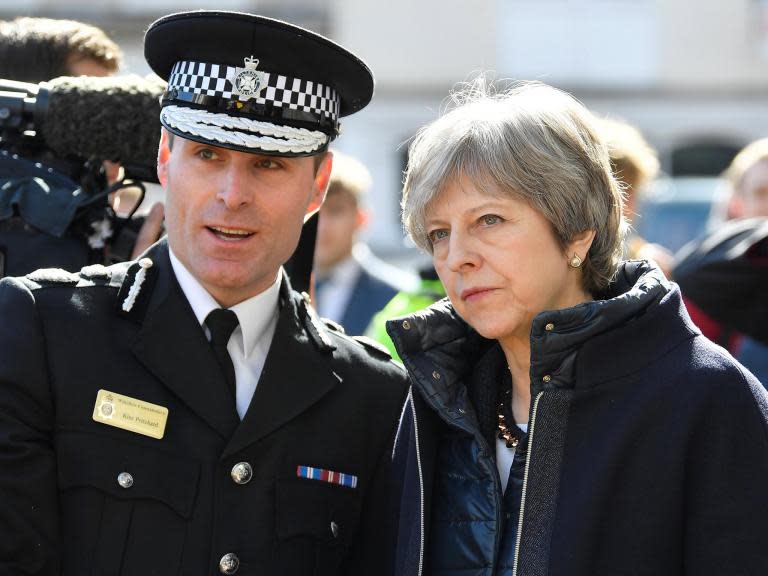UK has further anti-Russia steps up its sleeve as row over Sergei Skripal poisoning escalates – including withdrawing England from World Cup
The expulsion of 23 British diplomats in retaliation for the same number of Russian embassy staff thrown out of Britain has been wholly expected in the current confrontation.
But Moscow also took the opportunity to shut down all activities of the British Council, the arm of the Foreign Office which promotes cultural understanding, as well as the UK consulate in St Petersburg.
The foreign ministry in Moscow said: “Due to the unregulated status of the British Council in the Russian Federation it will be dissolved, it will be terminated” without offering any further explanation.
However, the move reflects the wider hard line on international organisations involved with civic society in Russia, with the Kremlin claiming that they have been promoting discontent and disseminating anti-Russian propaganda. Regional offices of the British Council in Russia outside Moscow were shut down in January 2008, during another diplomatic impasse and have not been allowed to reopen.
The British Council said: “We are profoundly disappointed at this development. It is our view that when political or diplomatic relations become difficult, cultural relations and educational opportunities are vital to maintain ongoing dialogue between people and institutions.”
The closing of the St Petersburg consulate, says Moscow, is because of the “disparity in the number of consulates of the two countries”. The Russians have been complaining that the British Government has been blocking visas for staff for the UK and as a result, a number of posts, including consular ones, have remain unfilled.
The question now is whether either or both sides want to escalate hostilities. The British Government has a further set of measures to be used if necessary including a “B-list” of diplomatic staff for expulsion, starting of legal proceedings for economic crimes against Russian residents in the UK and shutting down of Kremlin propaganda agencies like Russia Today and Sputnik. A further ratcheting up could see the expulsion of the Russian ambassador and the withdrawal of the England football team from the World Cup.
The Russian foreign ministry, for its part, said: “The British side has been warned that if more unfriendly actions against Russia follow, the Russian side reserves the right of taking other retaliatory measures.”
Britain, however, wants to keep channels of communications open and the list of 23 Russians expelled, say Whitehall officials, were “carefully calibrated”. All those thrown out so far, it is claimed, were intelligence officers working under diplomatic cover.
Sir Roderic Lyne, the former British ambassador to Moscow, counselled against spiralling retaliation. “It is not sensible,” he said, “to mud wrestle with a gorilla”. Another British ambassador seeing his embassy staff denuded during another tit-for-tat exchange at the time of Margaret Thatcher had also stuck to the theme of nature. “Never engage in a pissing match with a skunk, he poses important natural advantages,” Sir Bryan Cartledge wanted to point out.

 Yahoo News
Yahoo News 

